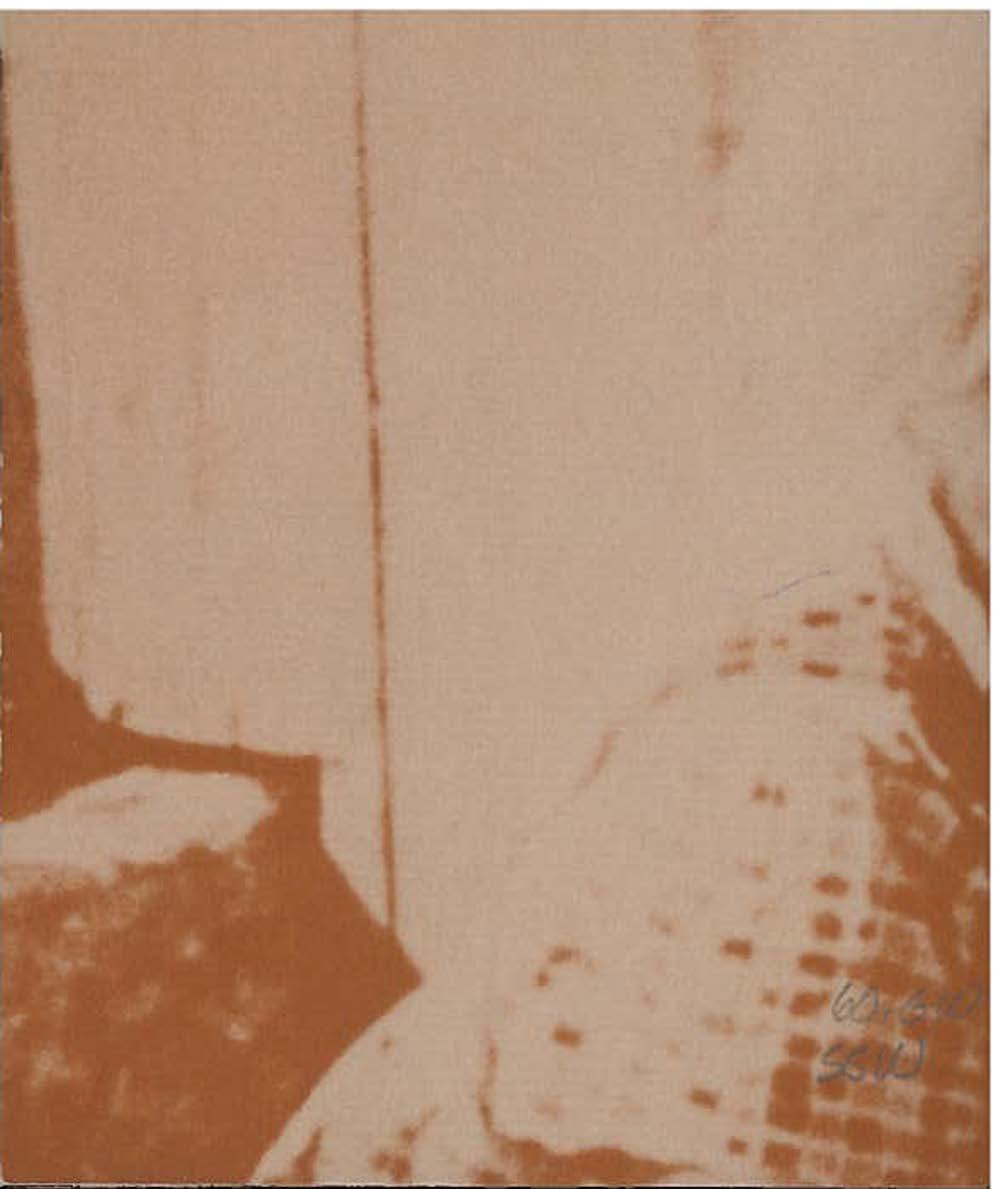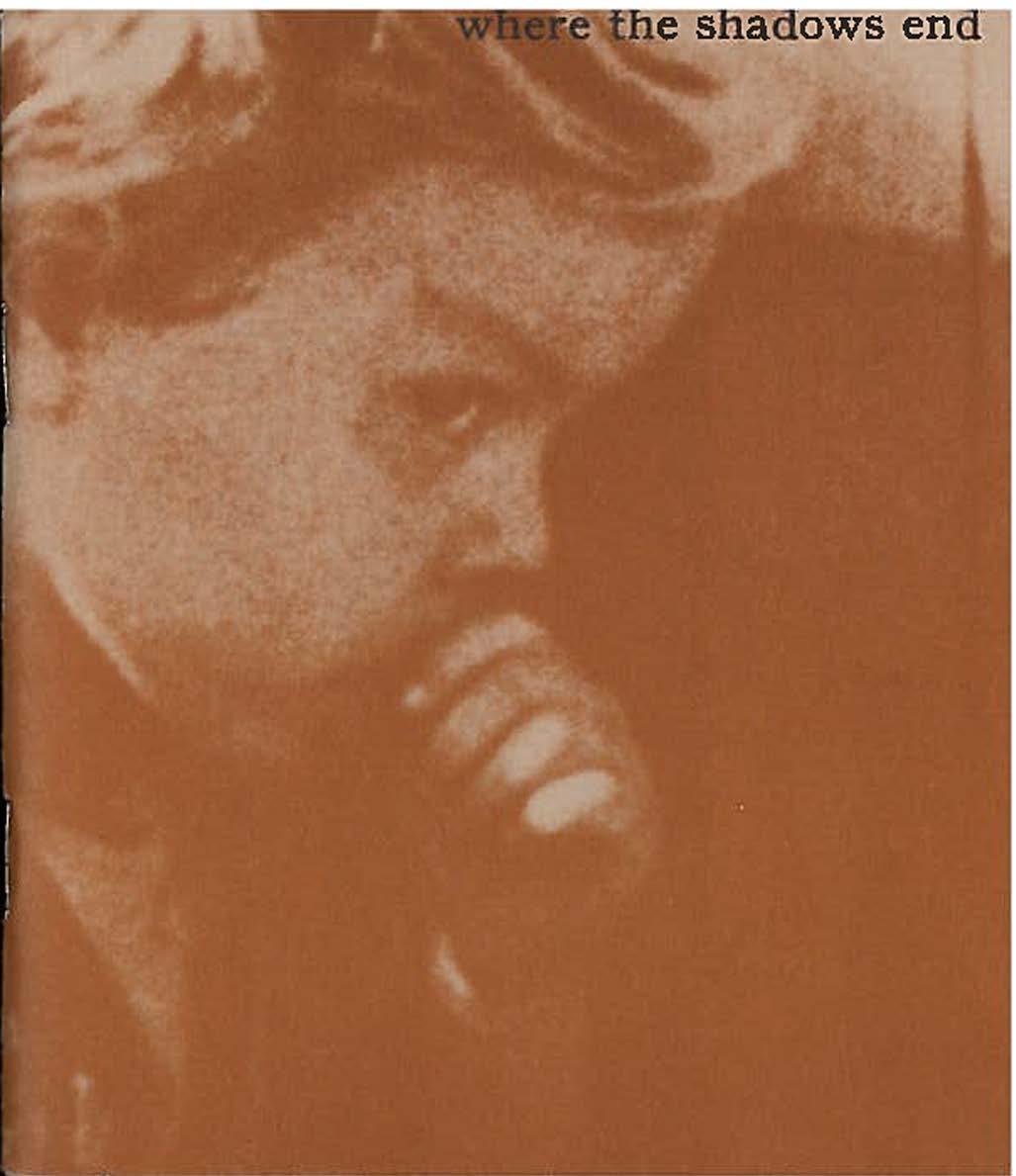


Social work is not for people who fear the shadows.

The shadows of mental illness.

Of delinquency.
Of physical disability.
Of family breakdown.
Of all the problems of social and personal disorganization of our times.
It IS, 1n fact, the task of the trained professional social worker to dispel these shadows.
To right that which
1s wrong.

Where do the shadows end?

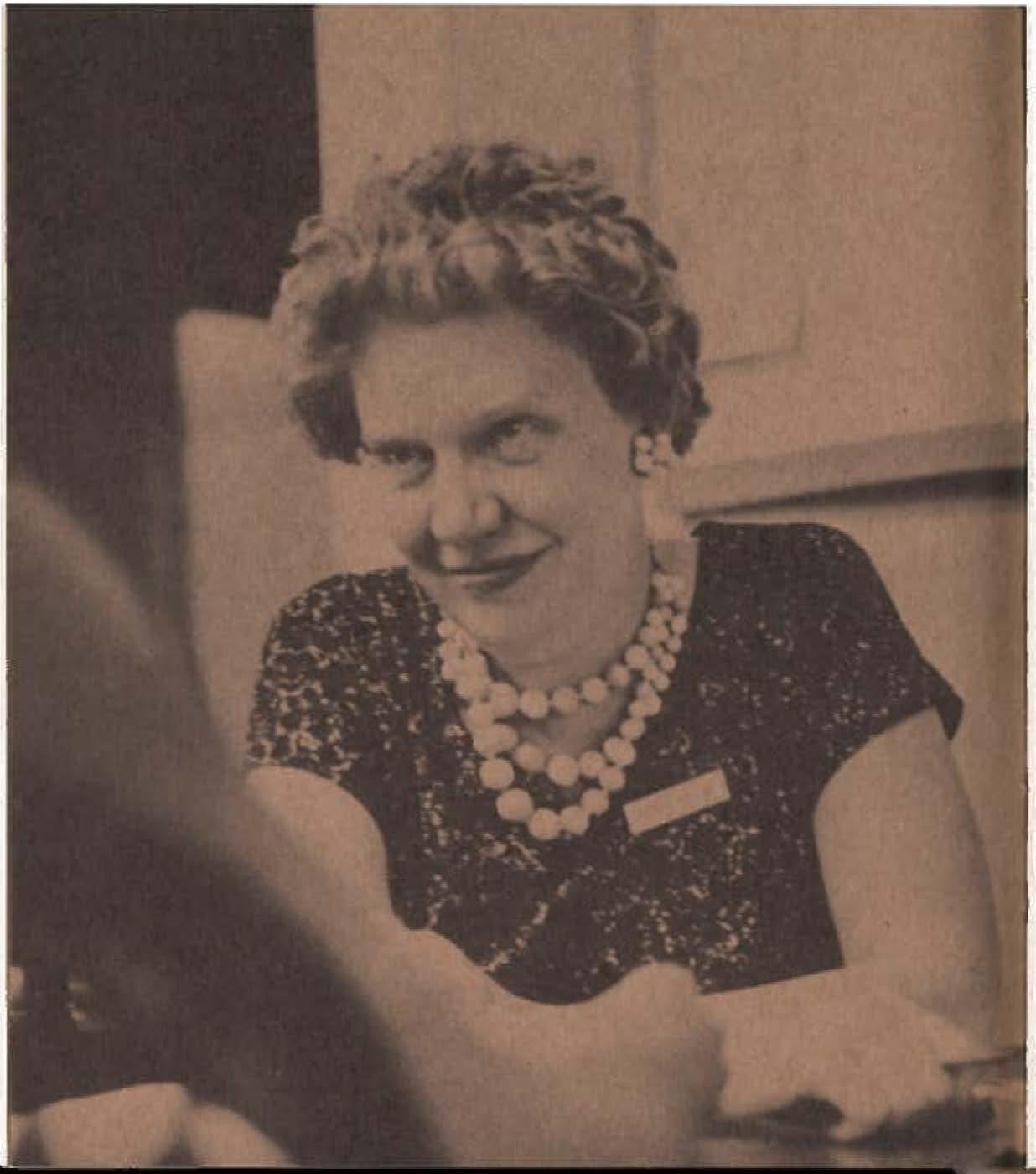
The problems are many. The professionals are few. The gap is wide.


According to the Council on Social Work Education, at least 10,000 social workers are needed annually to fill vacancies and to staff new social service programs throughout the United States, but at the present time only 2,300 professionally trained social workers are graduating from our nation's social work schools each year. Even if the social problems of our people remained constant, there would not be enough trained social workers to meet our needs. But the problems do not adjust themselves to our educational capacity. They advance on us. And they become more and more complex.
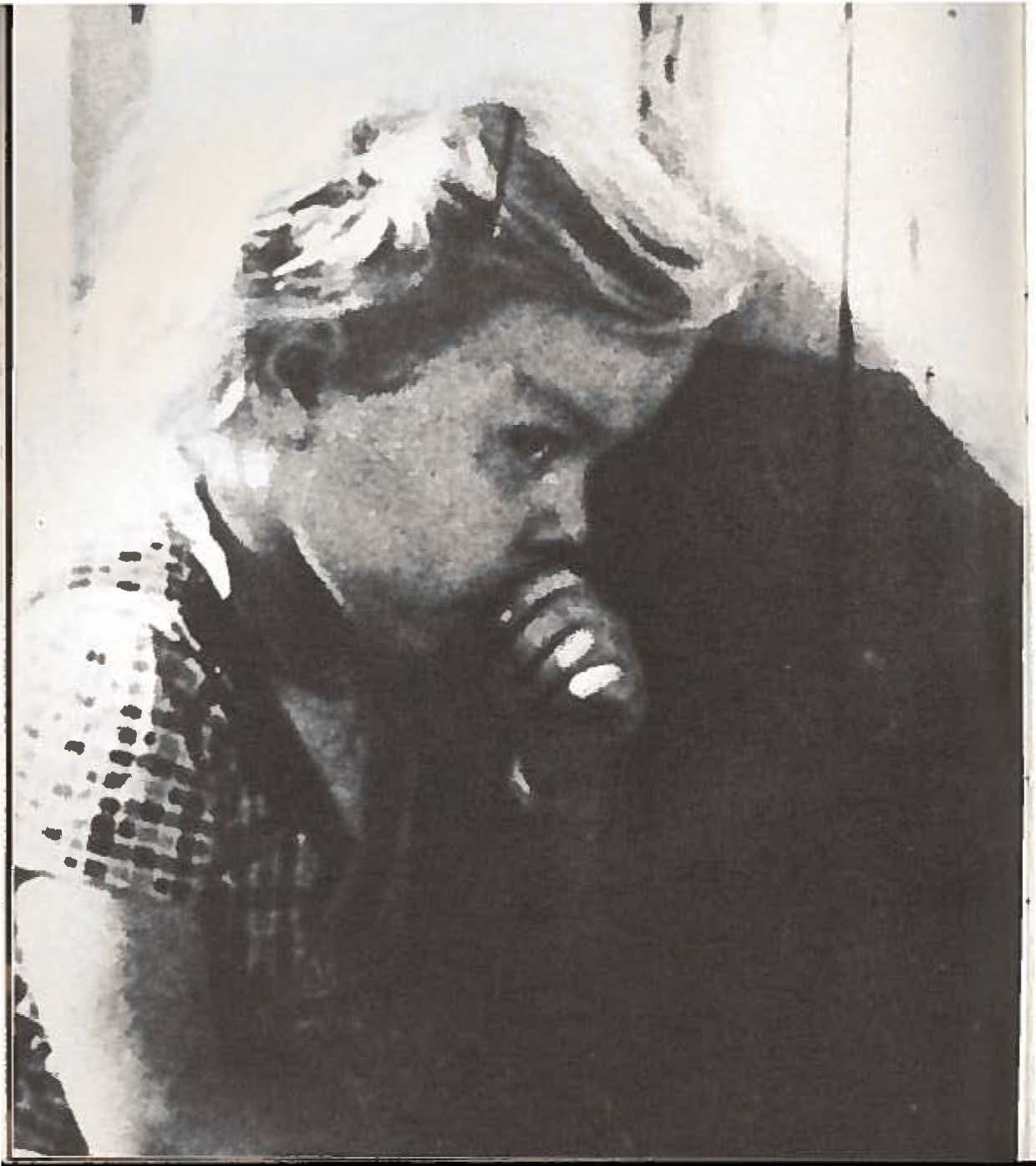
The shadows deepen. The problems must be met. But how?


The answer does not lie in numbers alone.
As much as our nation needs more social workers, and perhaps more professional schools to train them, we must concern ourselves as well with the quality ...the excellence ...of training. And we must look, not only to those who come into social work education for the first time, but also to those who have already taken their places in actual social service work across the nation.
Among active professional social workers, even among those who hold the master's degree, there is a positive interest in further professional training:
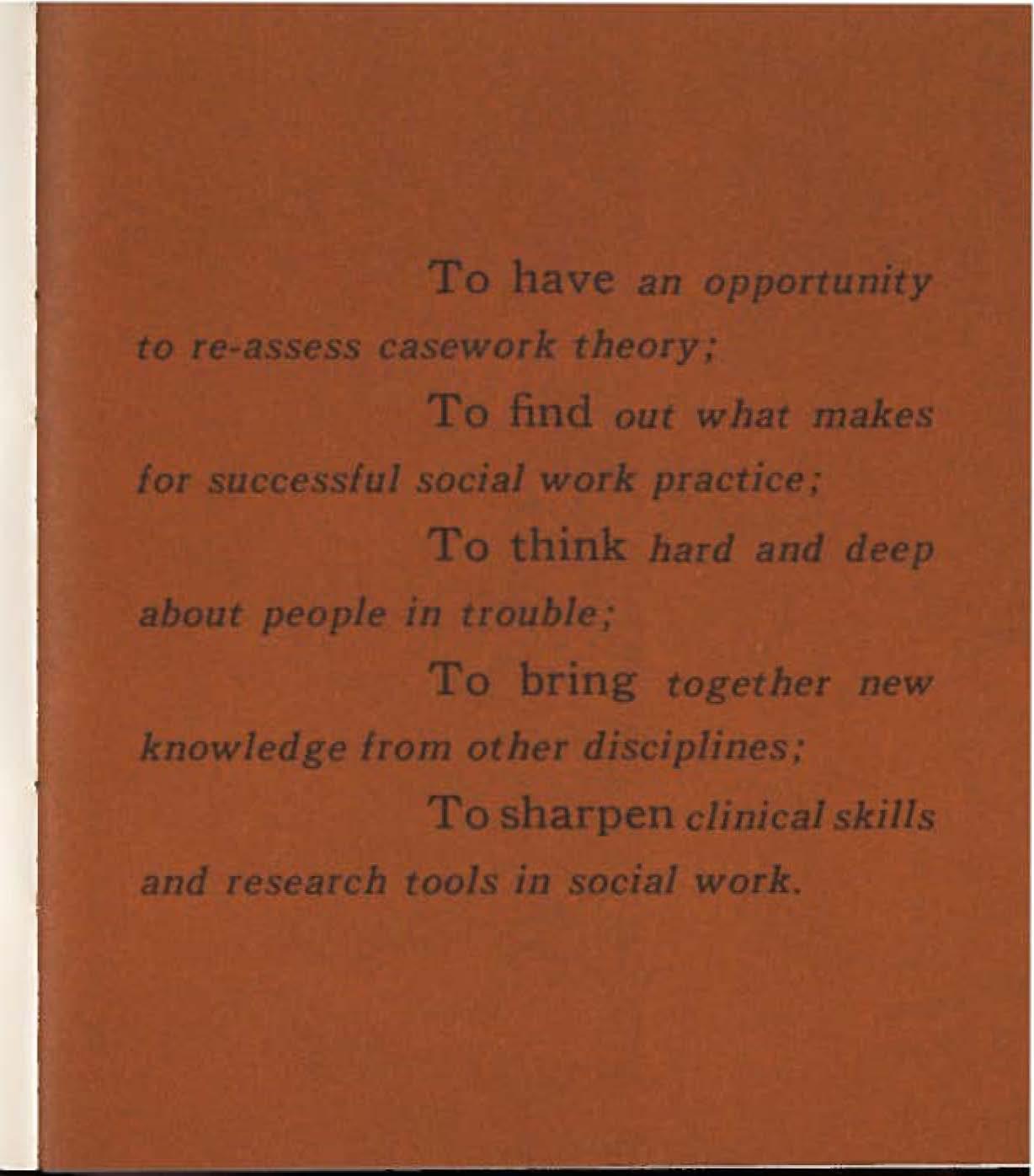

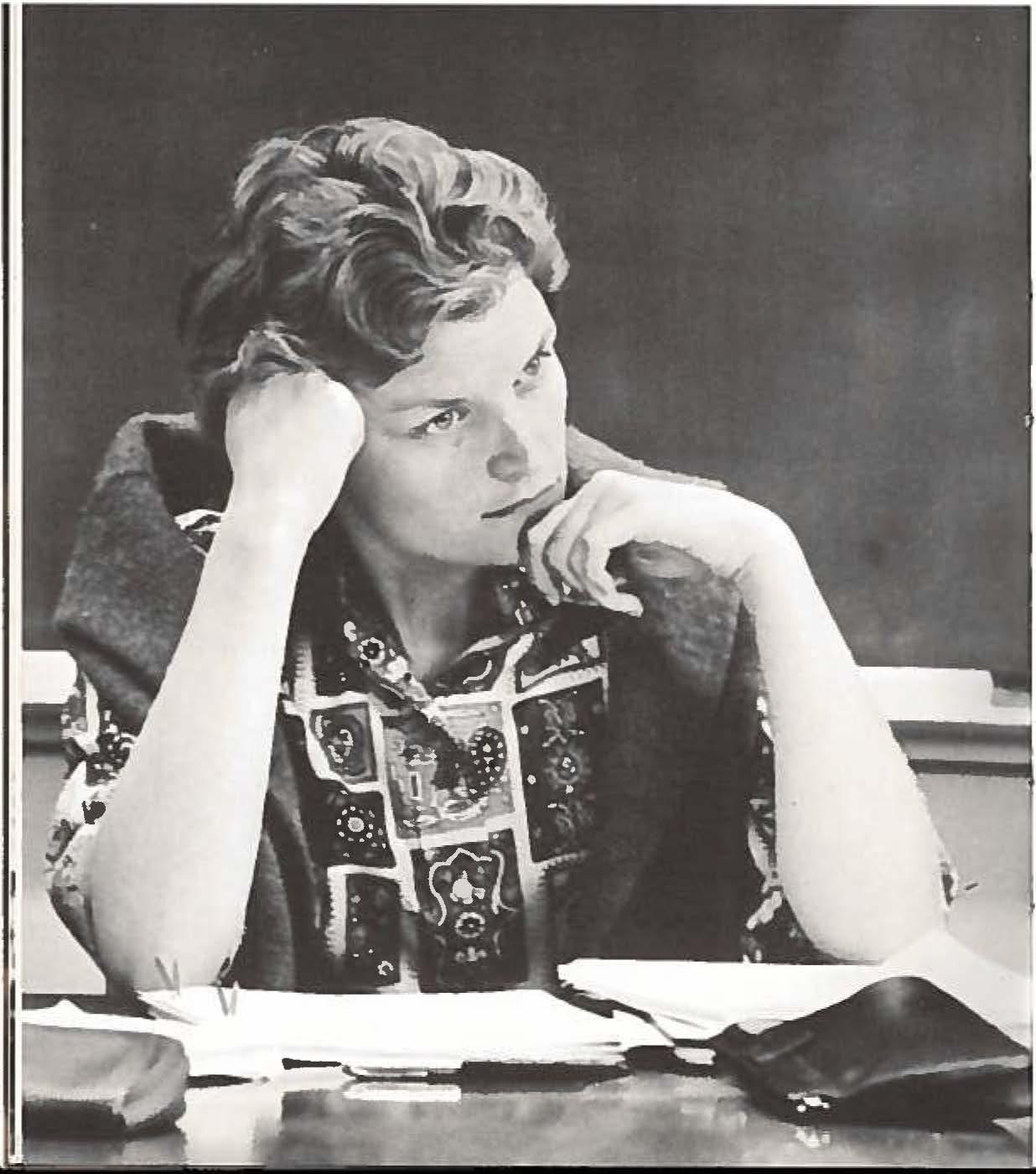
This is why in 1963 the Smith College School for Social Worklong a leader in graduate and advanced study · in social work educationwill establish a Clinical Doctorate 1n social work.

The new Smith Clinical Doctorate will extend, enhance, and insure the quality and future of the basic master's degree program of the School for Social Work. Continuing its rich tradition of high-cal
ibre, practice-oriented casework, the Smith College School for Social Work will, by choice, make its contribution in the area of advanced social work practice.

The Clinical Doctorate is not being created in a vacuum.
Far from it. From three separate surveys of graduates from the Smith Program of Advanced Study, now in its twelfth year, there comesan overwhelmingly positive interest in such a program. Even the most talented master's degree holders have indicated a strong desire for this special post-graduate program.

To those who enter the Clinical Doctorate program, the Smith College School for Social Work will offer three distinct advantages that are richly expressed 1n the Smith traditions: I
Twelve years of broad experience with a Program of Advanced Study which, in 1961, was doubled in academic content as a planned step toward the Clinical Doctorate. A highly qualified faculty which can be augmented at the proper time, thanks to theflexibilityof the "Block Plan" which permits concentrated short-term periods of teaching by experts drawn from all over the country. A well-established relationship with the finest social agencies which cooperate as afliliated training.

Combined with these particular assets of the School for Social Work are all of the collegewide assets of Smith itself: living quarters for students and faculty, a magnificent setting, a library of 457,527 volumes which is now undergoing a $2,000,000 expansion, teaching equipment, office space, classrooms-and most important of all, a commitment to excellence, a reputation for quality, and the richness of the liberal arts tradition.

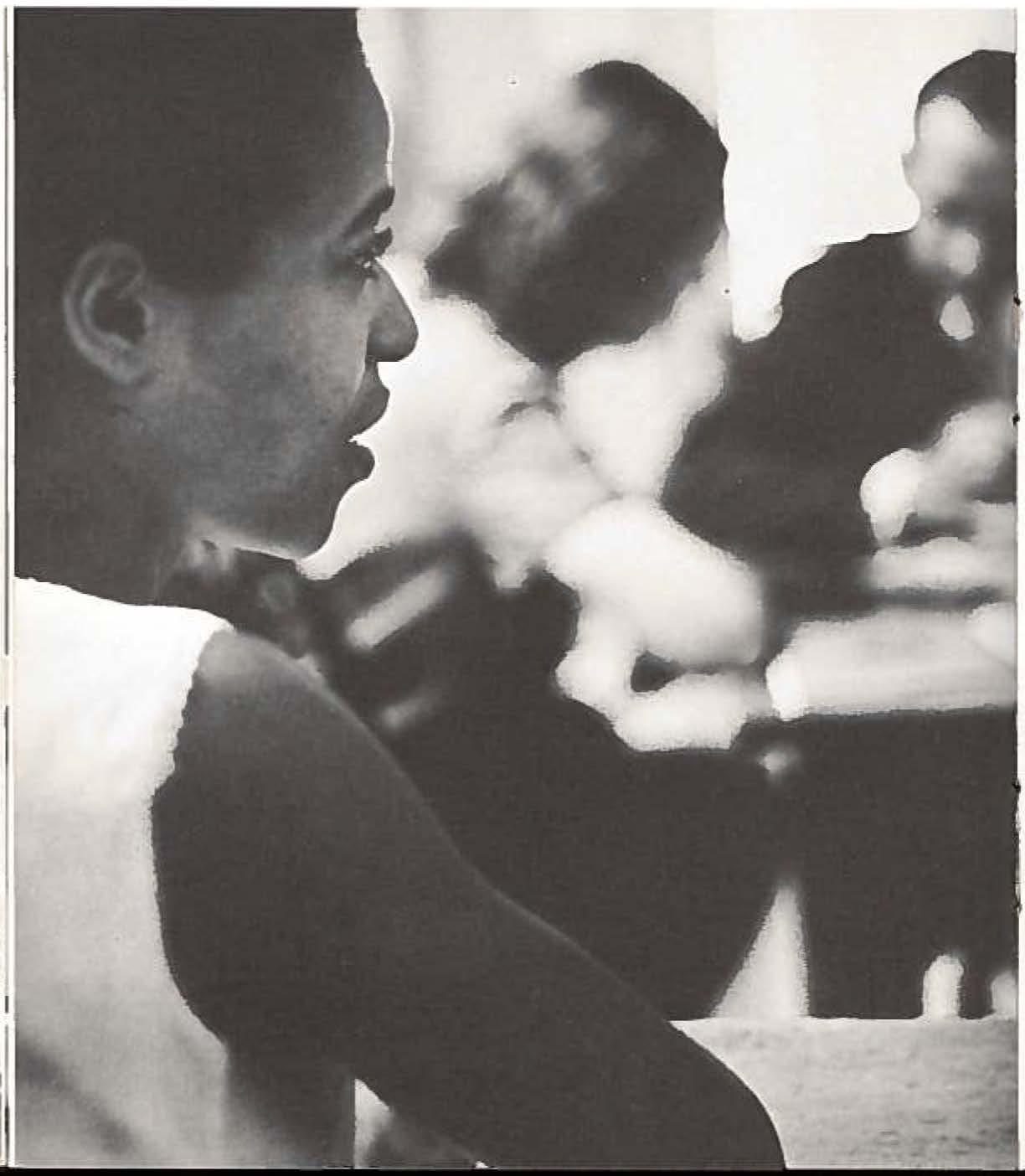
As an integral part of the Smith College School for Social Work, the Clinical Doctorate program will extend the high standards which have made the Smith name so prominent in the field of social work education. Those who go out from the School for Social Work will certainly constitute a new and dynamic force in meeting the social problems of the communities they serve.

The potential influence of the new Clinical Doctorate is immense. Before too many years have passed, its influence will be measurable, just as it is now possible to assess the continuing contribution of the Smith College School for Social Work over the years. The records of its alumnae show:
-more than half of the graduate schools of social work in the United States and Canada have one or more Smith alumnae on their faculties.

-graduates of the School also teach at several other institutions of higher learning, including medical schools and schools of social work in foreign countries.
- graduates of the School are directors of 27 family service and child welfare agencies in cities ranging from ten thousand to half a million population.

- 45 alumnae of the School are social service directors or chief psychiatric social workers in our nation's hospitals, including some of our largest state mental institutions and great teaching hospitals in the urban centers of New York, Chicago, Philadelphia, Boston, and New Haven.
- many alumnae of the School are administrators of local, state, and national social security programs, among them the Federal Children's Bureau.
-graduates of the Smith College School for Social Work, many of them citizens of the new nations of the world, are today setting up social work schools and "seeding" new programs of self-help in far-flung places on the globe.
-many are supervisors in agencies, both of social workers and students.

All share one thing In common.

They They I know have casework. heart.


Wherever they are foundin traditional family service agencies, 1n departments of welfare, 1n hospitals, in child guidance programs, 1n rehabilitation centers, in community mental health clinics, in veterans' hospitals, in industry and union welfare programs, in courts or probation offices or prisonsthe Smith alumnae in social work are recognized for their excellence -both as professionals and as human beings.
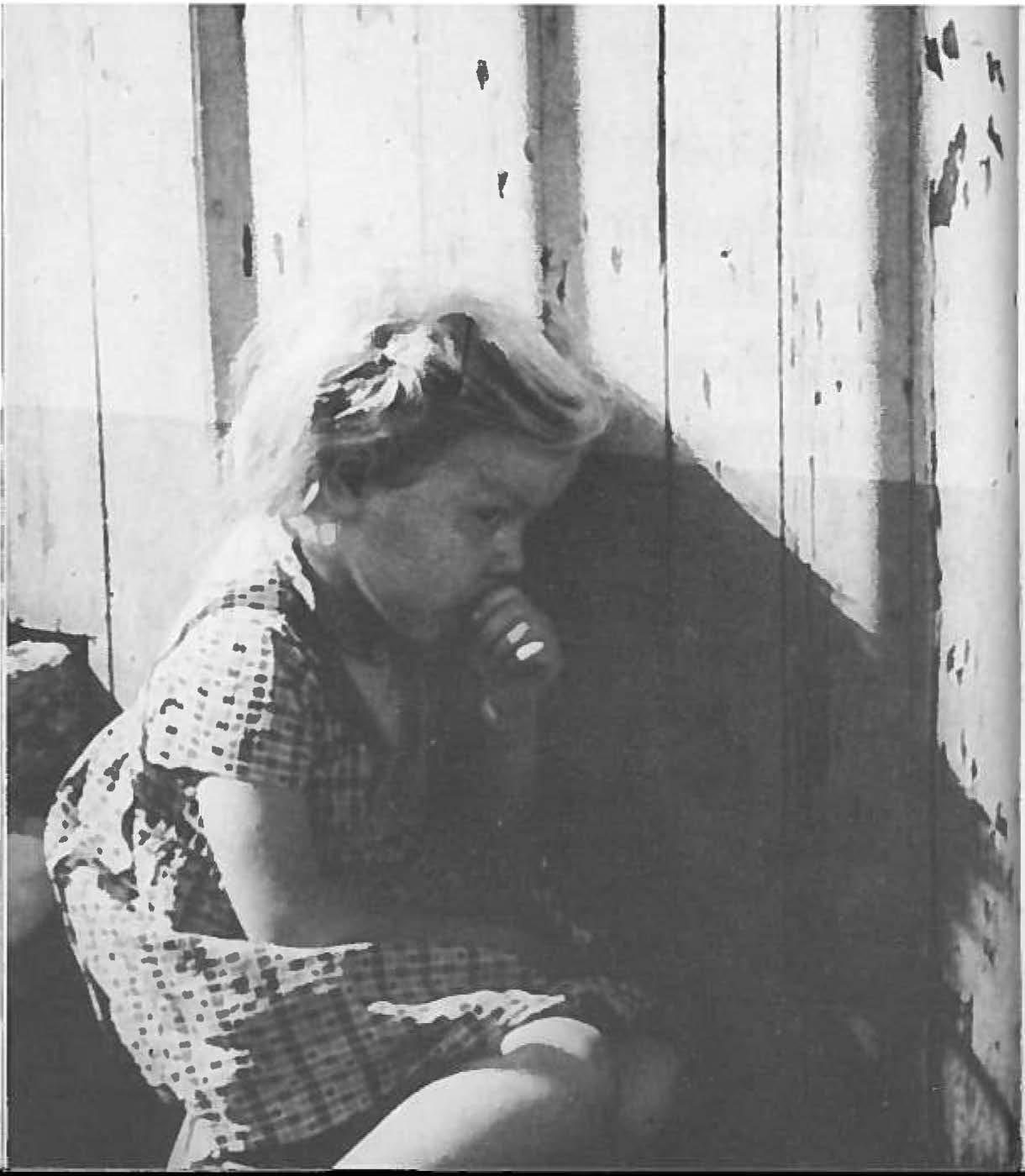
They help erase the shadows.

Soon they will be joined by alumnae with the most advanced caseworkcentered training in modern social work practice.

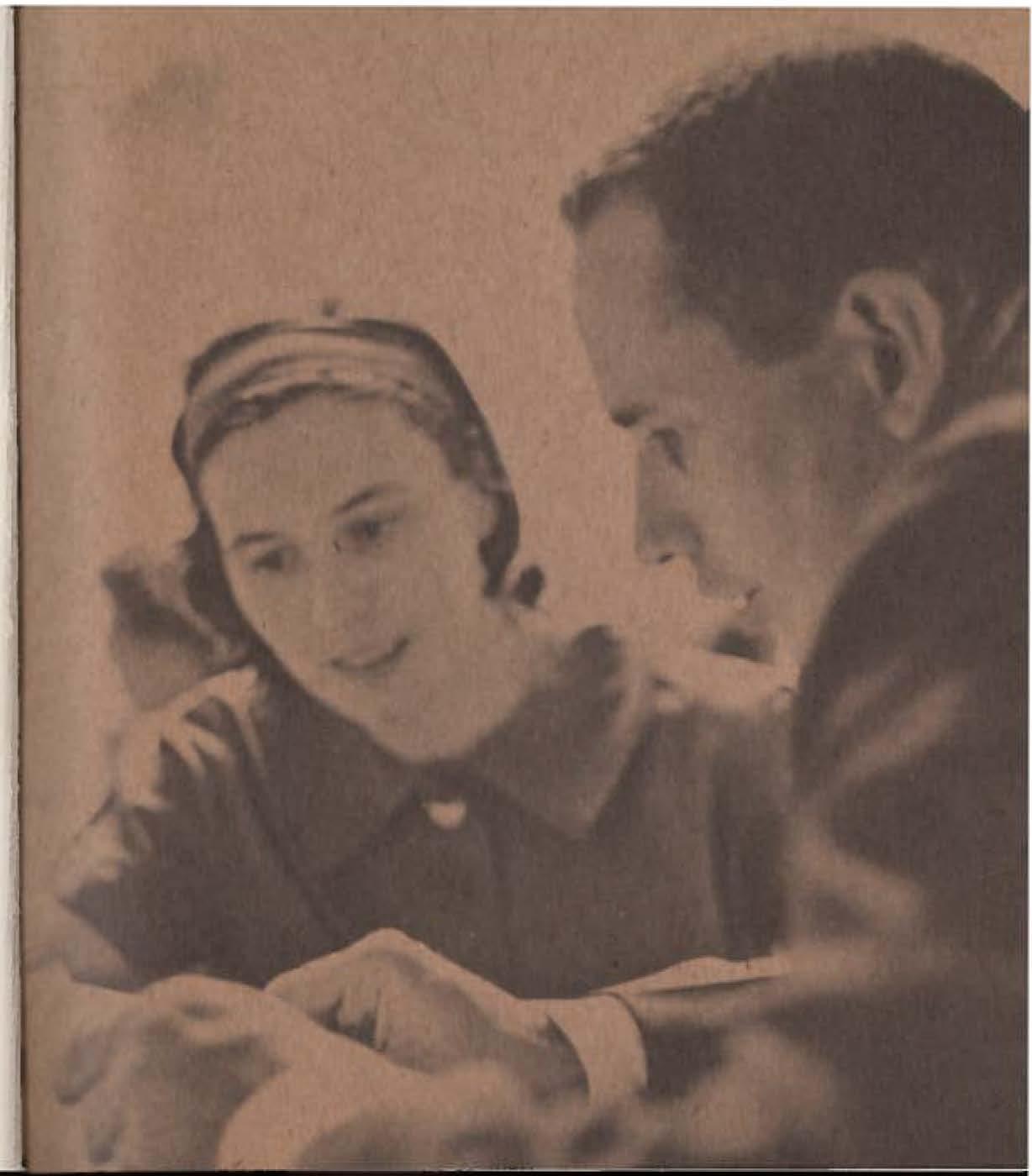

Built on the solidfoundation of aproven master's program, the establishment of the Clinical Doctorate is truly afulfillmentofthedreamsofthose dedicated men and women who.against the backdrop of the mental hygiene movement andthe mental health impac:t of World War I in 1918, establishedthe Smith College School for Social Work, then named the Smith College Training School for Psychiatric Social Work.
Since the days of Nfelson and Southard and Jarrett, Kimball and Reynolds, Day and Garrett, the School has moved with the times, sometimes by a step or two, more often by a giant stride mto a new program of social work education untried by others.
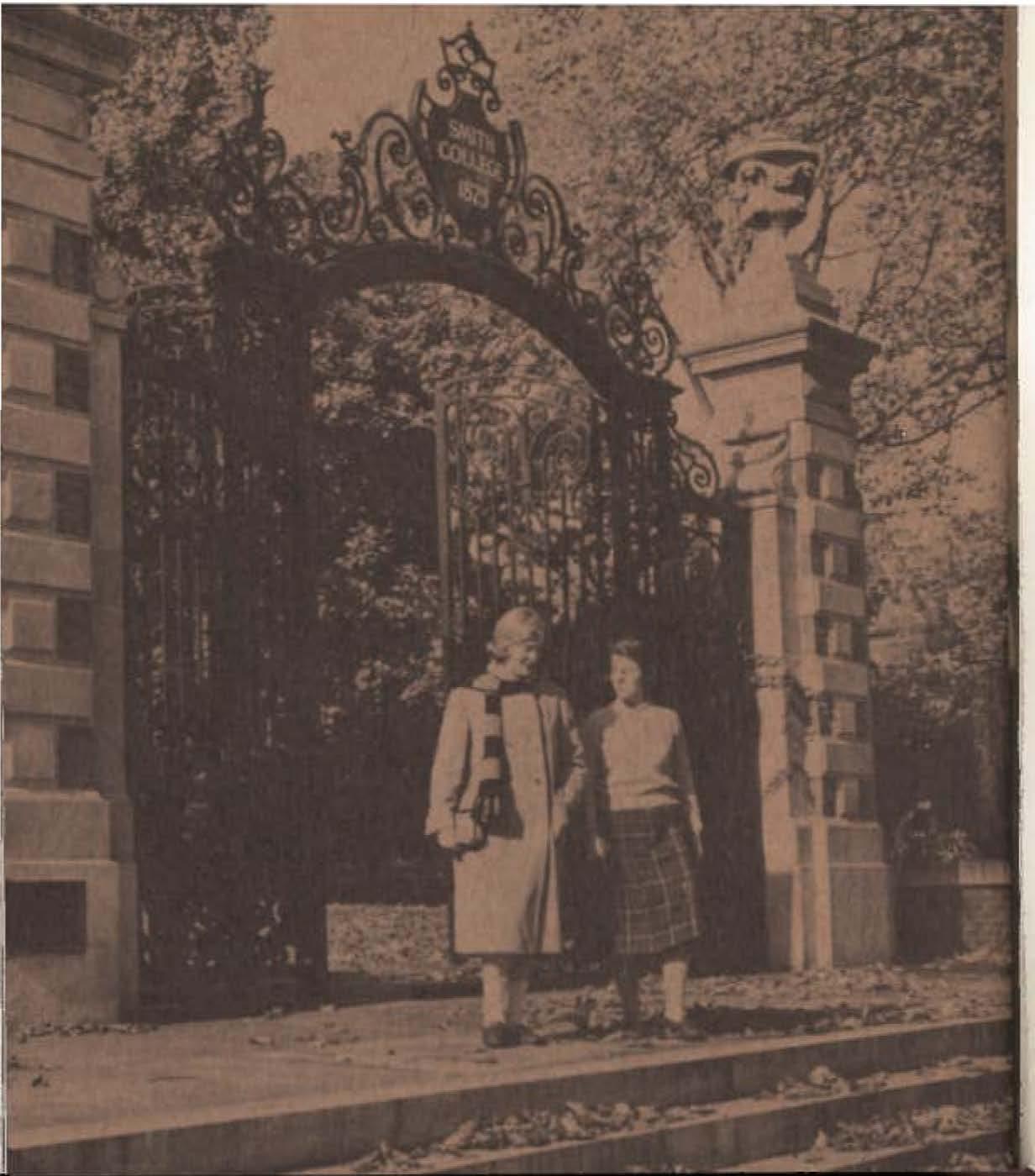
Now, with the help and counsel of its many alumnae and friends, the Smith College School for Social Work looks to a future of continuing excellence.

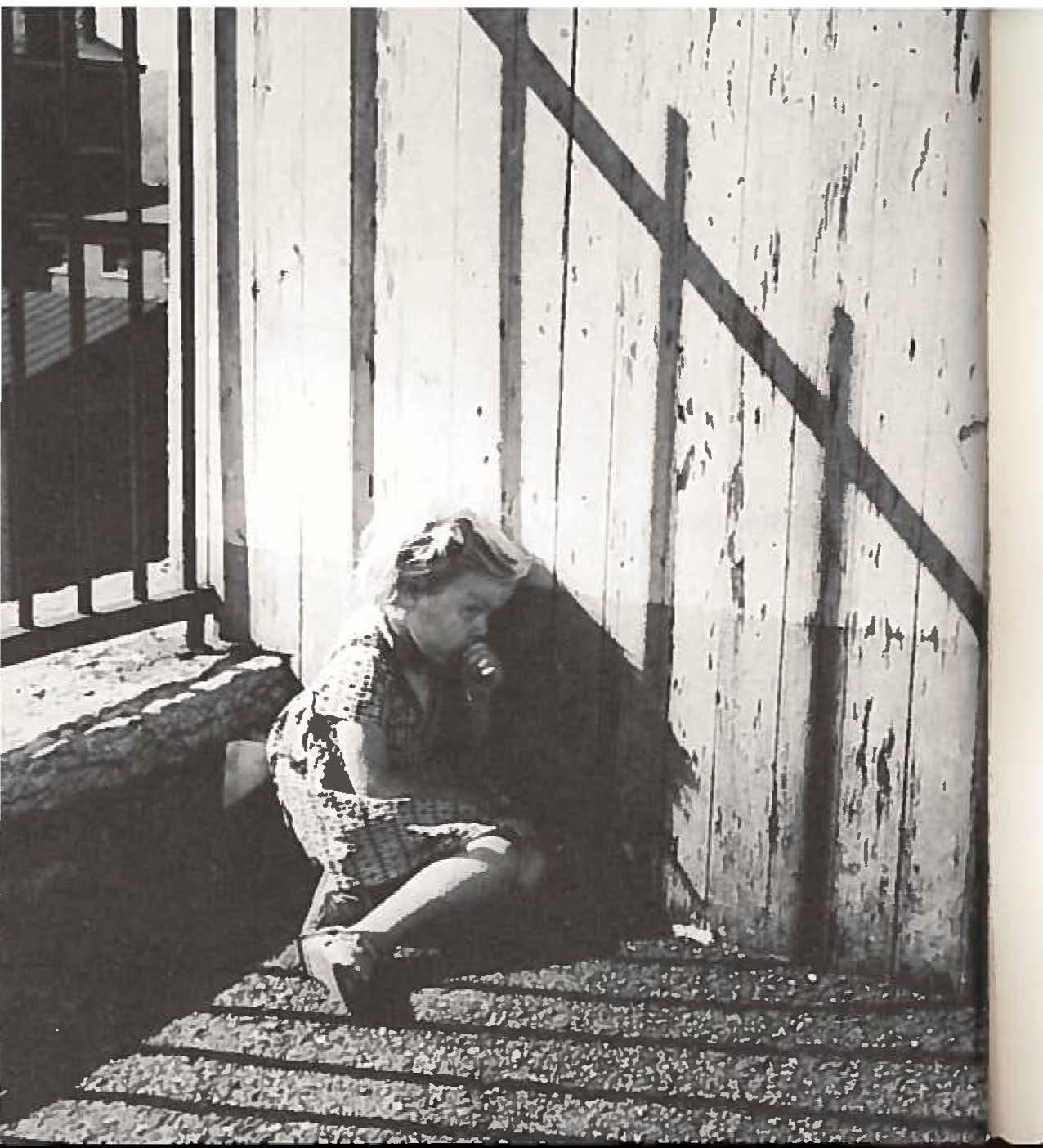
In time, the shadows must retreat.




Smith College School for Social Work
Northampton, Massachusetts


